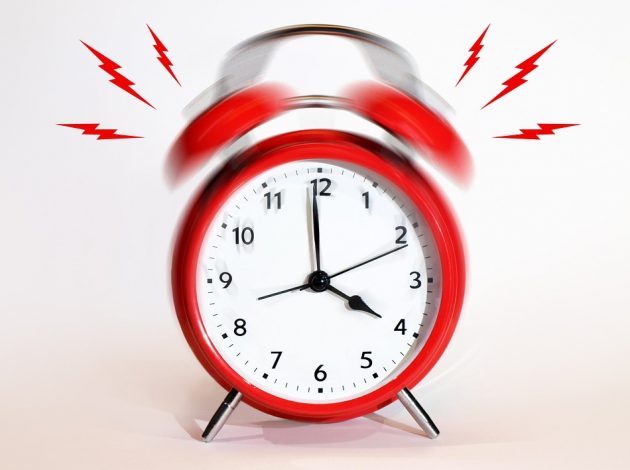This weekend the clocks go forward in the UK as we sacrifice an hour of sleep in the morning for an extra hour of sunlight in the evening. ONS has been exploring the link between how we spend our time and our personal well-being. As Chris Payne happily explains, it’s a case of less work and more play.
The changing of the clocks gives us all the opportunity to ask ourselves to what extent does each minute of our own time use matter to our well-being, whether paid or not.
To help you consider your own time use, here are some results taken from the recent UK Time Use Survey . The table gives the average time taken by those aged eight and over in the UK to perform one continuous episode (time without a break or change of activity) of different types of activity.
Average time per episode by activity in the UK, 2015
| Under 30 minutes of your day | More than 30 minutes but less than an hour of your day | ||
| Making meals or baking | 19 mins | Reading books | 35 mins |
| Shopping for clothes on the internet | 22 mins | Window shopping | 36 mins |
| Socialising with family | 22 mins | Jogging or running | 38 mins |
| Commuting | 23 mins | Visiting friends or having them over | 38 mins |
| Eating | 24 mins | Painting or drawing/graphic arts | 40 mins |
| Reading playing and talking with child | 25 mins | Gardening | 41 mins |
| Ironing | 28 mins | Watching TV | 42 mins |
| Listening to music on the radio | 29 mins | House renovation | 44 mins |
| Walking for pleasure | 29 mins | Study or homework | 46 mins |
Notes: Excludes associated travel time and includes main activities only. An episode is defined as a continuous period that ends when a different activity begins.
Quality of life
Considering your own time and the table above, I’ll ask a question. Is there any type of activity you would swap for another? Did you find that the average times matched your experience, or perhaps you found that you would be more of an outlier (an extreme case) in the dataset? Regardless of where you sit on the time-use spectrum, it should be clear that how you spend your time makes a big impact on your quality of life.
In 1965, Gary Becker highlighted that effective measurement of a full range of time (beyond just measuring time in paid work) was necessary to properly measure economic welfare. Even if you work 40 hours a week, you are only working for 24% of time available (where 76% of time is allocated to things like leisure, eating, other personal care or sleeping). Of course, the money you earn, and your experience at work, has a large effect on the way you feel in your non-working time but it’s certainly not the sole determinant in your overall well-being.
To this end (as part of a work programme examining economic well-being), over the last 18 months we have been analysing different aspects of how the UK population uses their time. Using time-use survey results (a time-use survey is essentially a diary where respondents record everything they do in a day), we have been able to understand how paid work time, leisure time and even unpaid work time spent carrying out ‘chores’ is divided within different households in the UK.
The results have highlighted that time spent performing unpaid household activity is falling (as more and more activity gets contracted out to the market) and that the division of that work between men and women is becoming more equal (although women still perform 60% of unpaid work overall). The scale of unpaid work carried out within households in the UK was valued at £1 trillion in 2014. That was around 56% of GDP which highlights the immense scale of the productive activity which households perform for themselves rather than contract out to market. If we spend less time performing this unpaid activity, it should offer more time for leisure purposes which can only be a positive thing right?
Increased contribution
It has also highlighted the increased contribution of fathers to care of young children and the increasing amounts of time which those under 25 years old are contributing to volunteering activities. Changes in leisure time such as less active forms of leisure beginning to replace more active pursuits have also been found. All of these findings are informative insights into how life in the UK is changing but often go unnoticed as paid work time gets prioritised above all else.
Getting out of bed early on Sunday might well offer a negative contribution to overall well-being but careful consideration of the rest of our time might bring the chance to balance that with a positive use of time somewhere else. Remember, money can’t buy happiness, but perhaps washing fewer dishes may be the answer!
Chris Payne is Head of Economic Well-being at ONS
